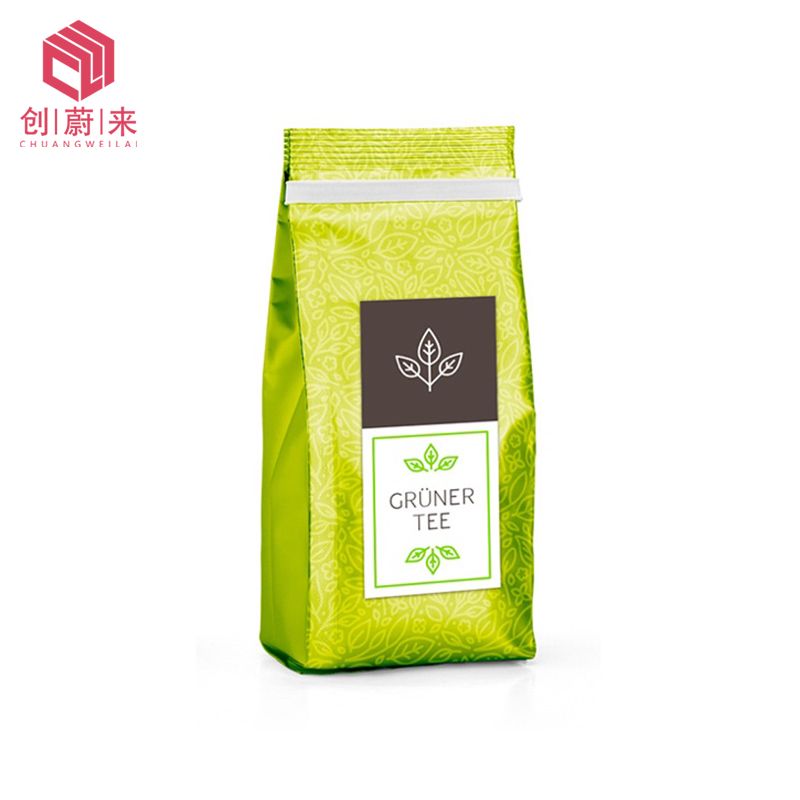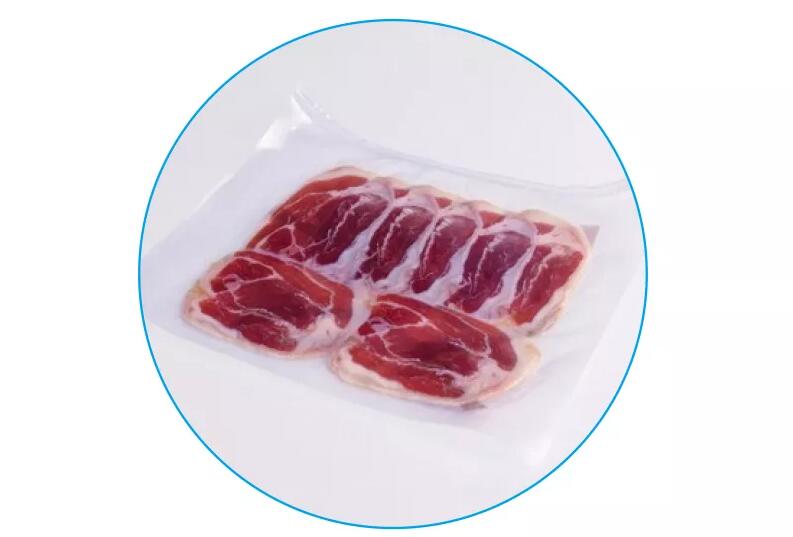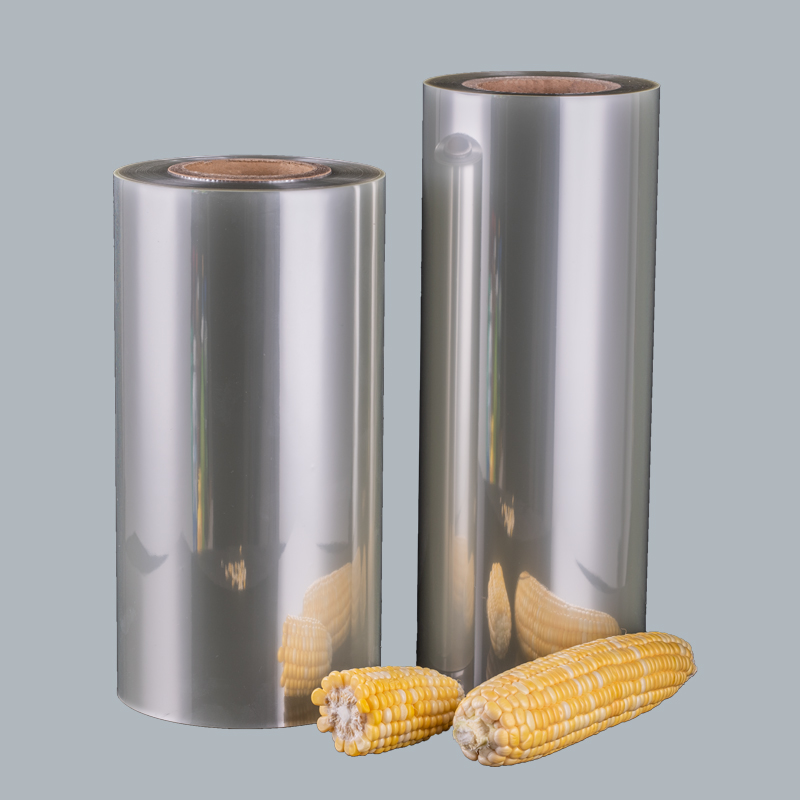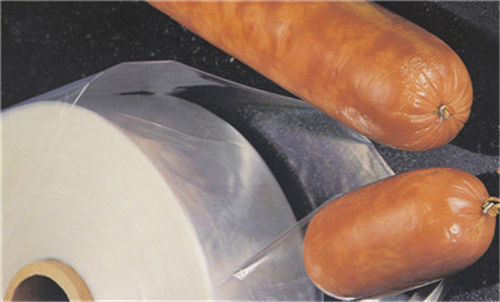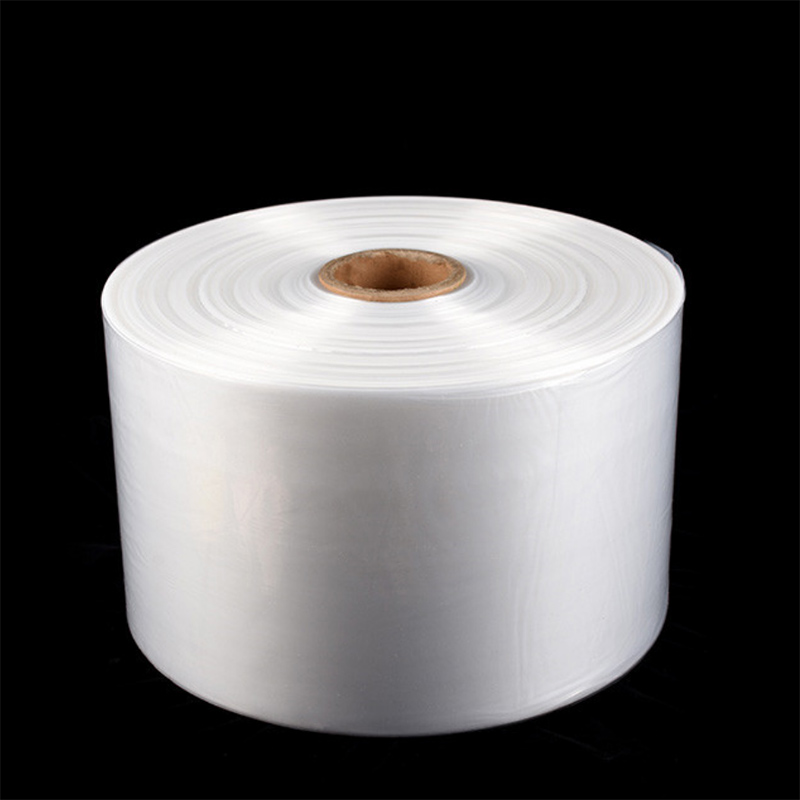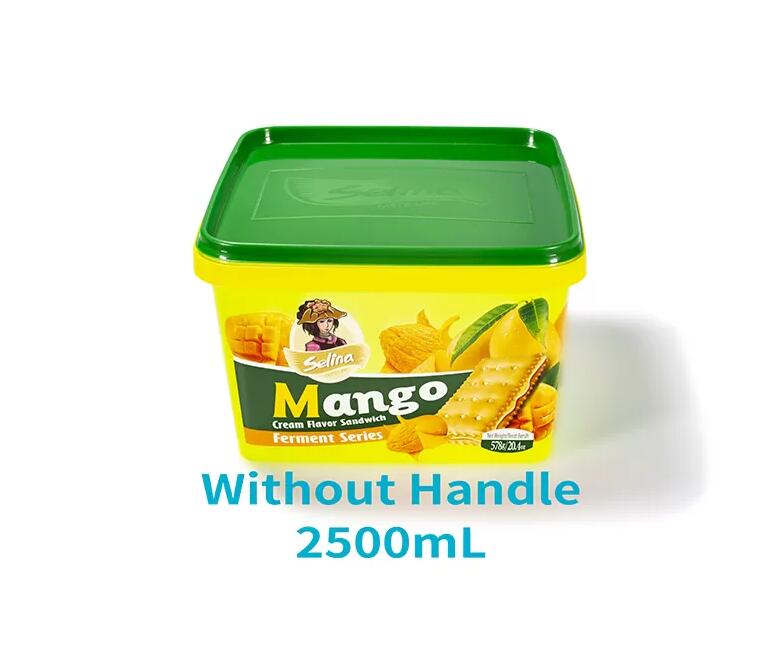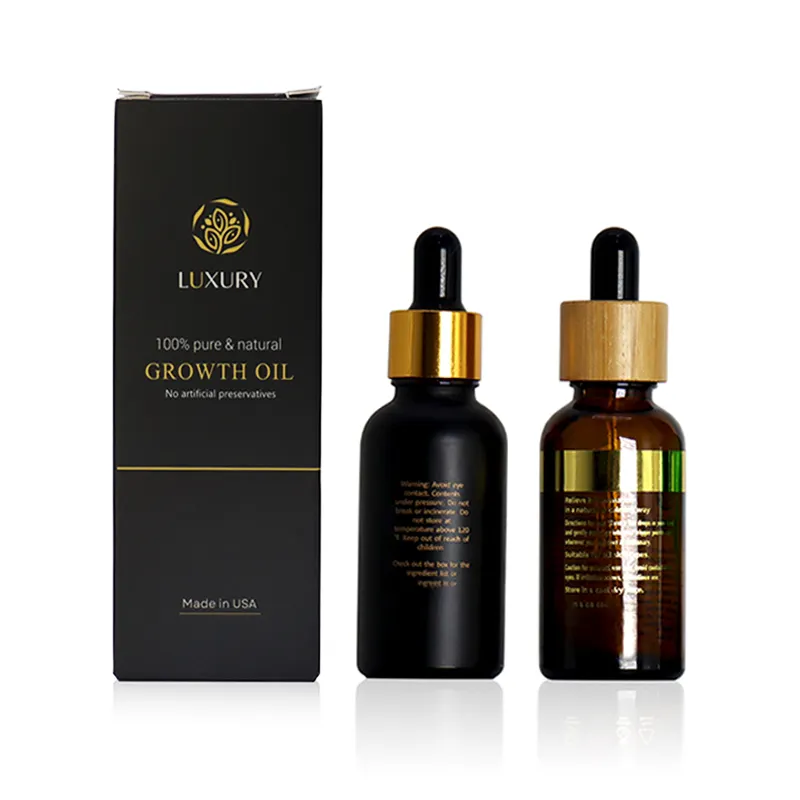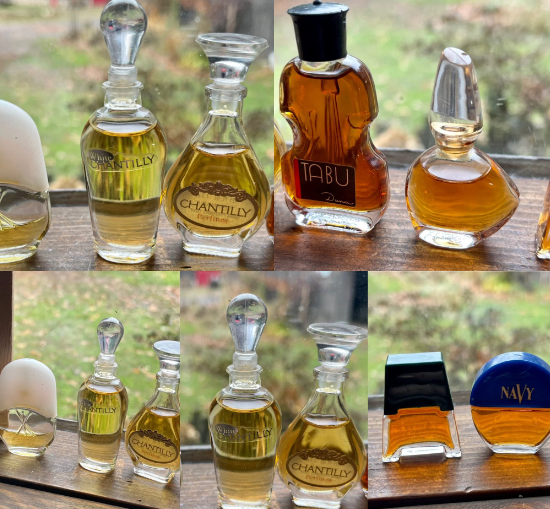How thick is silicone film?
Silicone film, renowned for its flexibility and versatility, comes in various thicknesses to cater to a wide array of applications. The thickness of silicone film is a critical parameter that influences its performance and suitability for specific uses.
Understanding Silicone Film Thickness:
Variable Thickness Options:Silicone film is available in a range of thicknesses, allowing manufacturers and users to select the most suitable option for their specific needs. Thickness can vary from ultra-thin films measured in micrometers to thicker sheets measured in millimeters.
Micrometer (μm) Range:Ultra-thin silicone films typically fall within the micrometer range, commonly ranging from around 12μm to 50μm. These thin films are often used in applications where flexibility and conformability are crucial, such as electronic components and medical devices.
Millimeter (mm) Range:Thicker silicone films can range from a few tenths of a millimeter to several millimeters in thickness. These thicker films find applications in areas such as industrial gaskets, seals, and protective coverings where durability and robustness are essential.
Factors Influencing Thickness Selection:
Application Requirements:The specific requirements of the intended application play a significant role in determining the appropriate thickness of silicone film. For instance, applications demanding flexibility may opt for thinner films, while those requiring durability may choose thicker options.
Flexibility and Conformability:Thinner silicone films are inherently more flexible and conformable, making them suitable for applications where the material needs to bend, wrap, or conform to irregular shapes. Thicker films, on the other hand, offer increased rigidity and strength.
Protective and Insulating Properties:In electronic and industrial applications, silicone film is often chosen for its protective and insulating properties. The thickness of the film is selected based on the required level of protection and insulation for the components.
Explore more:LPG Cylinder Safety Measures: Handling, Storage, and Transportation Guidelines
what is cell culture
Unveiling the Elegance: Spirit Glass Bottles for Discerning Connoisseurs
Exploring LPG Cylinder Regulations: Compliance and Safety Standards
What is metallic paper?
What is PVC and PVDC in pharma?
Unveiling the Ultimate Convenience: The Flip Top Bottle Cap
Temperature and Chemical Resistance:The thickness of silicone film can influence its resistance to temperature extremes and exposure to chemicals. Thicker films may offer enhanced resistance, making them suitable for applications in harsh environments.
Diverse Applications Across Industries:
Electronics and Semiconductors:Ultra-thin silicone films find applications in the electronics industry, particularly in flexible printed circuit boards (FPCBs), where they serve as insulating layers and protective coatings.
Medical Devices and Implants:Thin and flexible silicone films are utilized in medical applications, including wound dressings and implantable devices, where conformability to the body's contours is crucial.
Industrial Gaskets and Seals:Thicker silicone films are commonly employed in industrial settings for gaskets and seals due to their durability and resilience. These films provide reliable sealing solutions in machinery and equipment.
Renewable Energy:Silicone films, in various thicknesses, play a role in the production of solar panels, where they contribute to protection against environmental factors and insulation of solar cells.
The thickness of silicone film is a critical parameter that allows for customization based on the requirements of diverse applications. Whether in the form of ultra-thin films providing flexibility in electronics or thicker sheets offering robustness in industrial settings, silicone film continues to demonstrate its adaptability across industries. As technology advances, the development of silicone films with specific thicknesses tailored to evolving needs is likely to contribute to further innovations and applications.
Why is VCI film a great VCI material?
Benefits of Using Sublimation Paper
What are the types of cell culture consumables?
Are biodegradable plastic bags eco-friendly?
The Types of Self-Adhesive Graphic Film
What Sausage Casings Are Made of?
What are Benefits of PET Protective Film?




